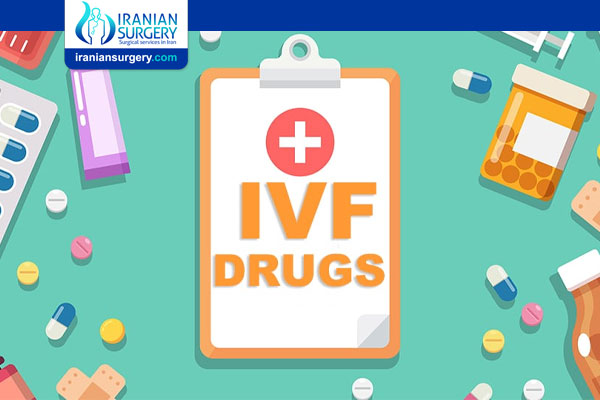IVF Medications List
IVF Medications List
There a number of different types of fertility drugs used in the IVF process, some taken orally and others injected. The exact type and medication amount used during IVF will depend on the woman’s age, test results and the stimulation protocol prescribed by her doctor.
What are the common IVF medications?
A typical IVF treatment will involve a mix of the following medications.
. Birth control pills: The pill helps regulate menstrual cycles and prepare the reproductive system for IVF.
. Prenatal vitamins: We recommend taking a vitamin with at least 400mg of folic acid when a woman begins the process to actively conceive. Please avoid herbal supplements.
. Lupron (#1): This medication enables the body to produce a higher number of quality eggs.
.Antagon (Ganirelx): Ganirelx helps prevent premature ovulation.
. Follicle stimulating hormone (FSH): These injections increase the growth of follicles in the ovaries. We often prescribe the following types of FSH: Gonal-F (#2), Follistim (#4) or Menopur.
. Doxycline: An oral antibiotic used to treat infections, such as reducing bacteria in sperm. It also reduces the risk of infection following aspiration of the follicles at the time of egg retrieval.
. Novarel: A synthetic human chorionic gonadotropin (hCG) injection used to trigger ovulation. Novarel is often used when other medications have been taken to induce ovulation.
. Prednisone: Used to treat patients with antisperm antibodies and repeated pregnancy loss.
. Progesterone: A steroid that synchronizes preparation of the uterine lining with the treatment cycle to ensure the uterus is ready for embryo implantation.
. Estrace (estrogen): Estrace is used to supply estrogen and comes in tablet form used orally or vaginally.
. Valium: A muscle relaxing, anti-anxiety medication offered prior to embryo transfer.
. Microdose Lupron: A medication initially used to stimulate the ovaries before suppressing them, which also prevents ovulation.
Risks & side effects of IVF medications
The biggest risk with taking medications for IVF is ovarian hyperstimulation (OHSS), in which a woman’s ovaries are over stimulated by fertility drugs that cause the ovaries to produce more eggs than normal ovulation. Most cases of OHSS are mild, but some patients may experience a severe reaction.
IVF medications used to prepare the uterus and to stimulate the ovaries are not known to carry any long-term risks of cancer of the ovary unless there is a family history of ovarian cancer.
Side effects from fertility drugs are usually mild but vary from patient to patient. These can include:
. Stomach pains
. Hot flushes
. Mood swings
. Heavy periods
. Breast tenderness
. Insomnia
. Increased urination
. Spotted vision
. Headaches
. Weight gain
. Dizziness
. Vaginal dryness
About Iranian Surgery
Iranian surgery is an online medical tourism platform where you can find the best infertility specialists in Iran. The price of IVF treatment in Iran can vary according to each individual’s case and will be determined by an in-person assessment with the doctor.
For more information about the cost of IVF treatment in Iran and to schedule an appointment in advance, you can contact Iranian Surgery consultants via WhatsApp number 0098 901 929 0946. This service is completely free.
Source:
https://lomalindafertility.com/treatments/ivf/types-of-ivf-medication/


